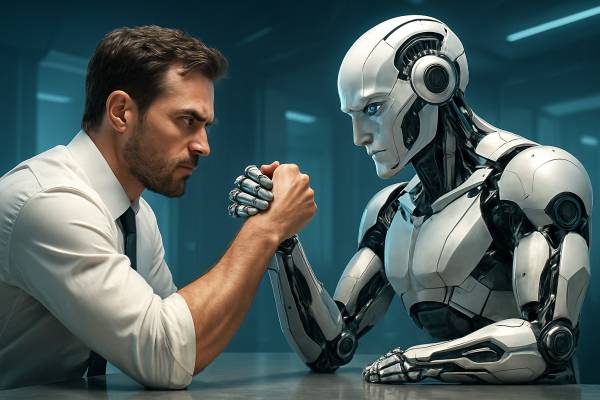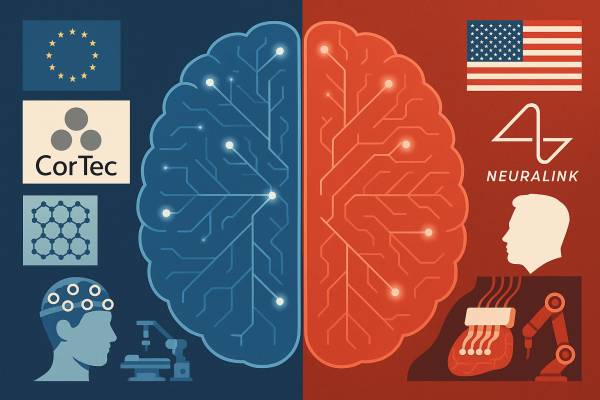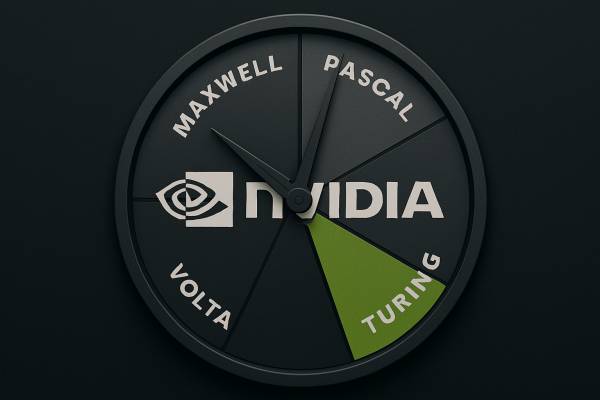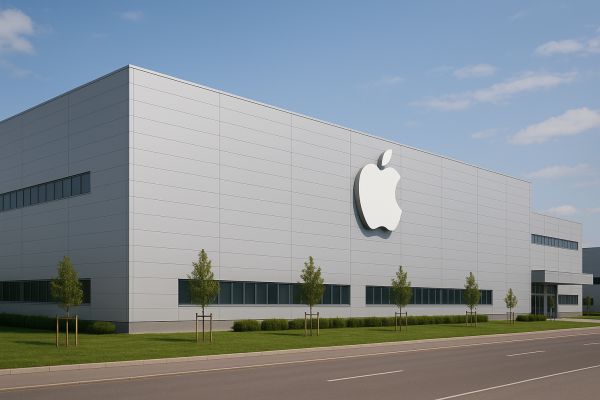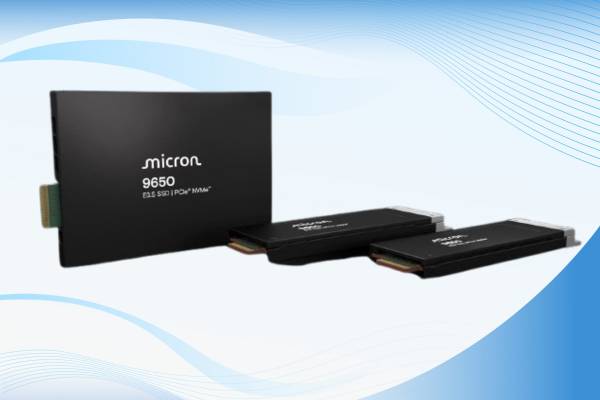Elon Musk, founder and CEO of SpaceX, Tesla, Neuralink, and xAI, shared his thoughts on the possible directions of the future in a recent interview, with a particular focus on artificial intelligence, space exploration, and the evolution of humanity.
The dawn of artificial intelligence
Musk believes that we are in the very early stages of an “intelligence explosion” and are quite close to the emergence of digital superintelligence. According to him, if not this year, then next year for sure, this milestone will be reached. He envisions that the economy of the future could be a thousand or even a million times larger than today's, assuming that the development of artificial intelligence does not turn into a disaster. He emphasized that the goal of his company, xAI, is to create an “ultra-truthful” artificial intelligence, which he believes is key to safety, as deviating from the truth can make AI dangerous.
First principles thinking plays a key role in the development of artificial intelligence. According to Musk, this approach—which breaks things down into fundamental, axiomatic elements and then builds on them—can be applied to any field, including software and hardware development. He cited the construction of the xAI supercomputer cluster as an example, where a seemingly “impossible” task was achieved by breaking it down into building, energy, cooling, and networking challenges and solving the problems one by one. Currently, an AI model called Grok 3.5 is being developed, with a strong emphasis on reasoning abilities.
Conquering space and the multi-planetary species
According to Musk, the explosive development of artificial intelligence requires the conquest of space, as becoming a multi-planetary species dramatically increases the expected lifespan of civilization or consciousness and intelligence, whether biological or digital. That is why he considers it extremely important for humanity to reach a level where it can survive on more than one planet.
He says that in 2002, after selling PayPal, he began to wonder why no one had sent humans to Mars yet. He couldn't find any plans for this on NASA's website, which prompted him to delve deeper into the subject. His initial idea was a philanthropic mission to Mars, a project called “Life to Mars,” which would have involved sending a small greenhouse with seeds and nutritious gel. He wanted to inspire NASA and the general public with this.
However, while researching how to get to Mars, Musk realized that the problem was not a lack of will, but that with existing technologies, it would be too expensive, even exceeding NASA's budget. That's when he decided to found SpaceX. The company's goal is to develop rocket technology to the point where humans can be sent to Mars. The first three SpaceX launches ended in failure, and Musk estimated that there was less than a 10% chance of success, perhaps as little as 1%. Nevertheless, he persevered, saying that even a small chance was better than zero. After the fourth Falcon rocket was successfully launched and NASA awarded them a contract to supply the space station, SpaceX was saved.
With SpaceX saved, the technological obstacles seem to have been overcome. However, Musk still has one concern in the background, and that is the Fermi paradox, i.e., why we have not yet encountered aliens. He believes that the reason for this may be that intelligence is extremely rare, and perhaps we are the only ones in this galaxy. In this case, conscious intelligence is a tiny candle in the vast darkness, and we must do everything we can to keep this candle from going out. Becoming a multi-planetary species, or making consciousness multi-planetary, significantly increases the expected lifespan of civilization. This is the next step before we travel to other star systems. Once we are present on at least two planets, this creates a kind of compelling force for the development of space travel, which ultimately leads to the expansion of consciousness toward the stars.
He suggested that the Fermi paradox may also dictate that once a civilization reaches a certain technological level, it destroys itself. Humanity must avoid potential dangers, one of which is global thermonuclear war.
Future challenges and opportunities
According to Musk, robotics will play a key role in the future, and he predicts that in a hundred years' time there will be far more humanoid robots than humans, perhaps five or ten times more. However, there are still many things that need to be developed along the way. In this regard, he highlighted the Neuralink project, which aims to bridge the gap between human and machine input/output bandwidth, enabling a direct brain-computer interface and dramatically increasing human capabilities. He believes that this must be achieved before the advent of digital superintelligence in order to help improve.
In closing, Elon Musk encouraged young engineers to be as useful as possible to their fellow human beings and to constantly strive to create super-intelligent artificial intelligence. He hopes that AI will help us understand the nature of the universe and answer fundamental questions such as the existence of alien civilizations, the origin and end of the universe, and whether we are living in a simulation.

